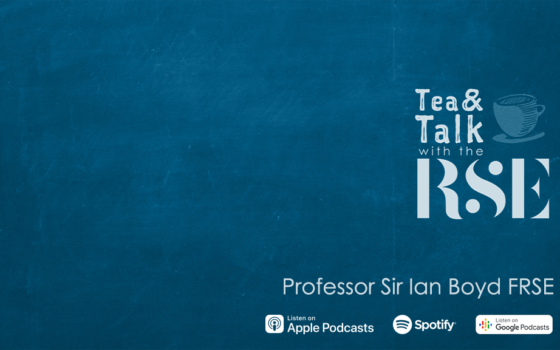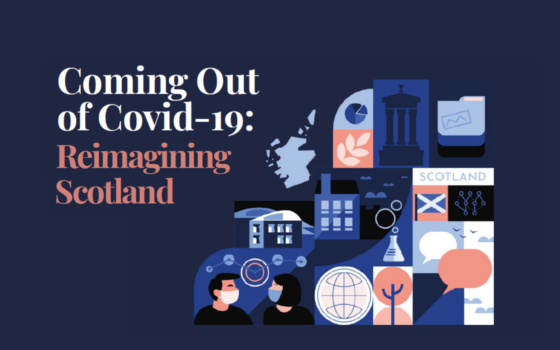We live in a “just in time” (JIT) economy, which means companies receive goods as close to the point of being needed as possible.
Manufacturers therefore hold less stock and there is little room for delays or disruption. However, in the past few months we have seen how quickly disruption can happen, illustrated by gaps on supermarket shelves. Is it time for us to change our operating model?
The JIT system left companies struggling as supplies dipped due to the pandemic and Brexit. Microchip shortages are affecting the supply of everything from cars to scientific instruments. To mitigate this risk in future, businesses need to look at improving resilience and use it to inform their operating strategies.
As part of my role in the Royal Society of Edinburgh’s Post-Covid-19 Futures Commission, I chaired the building national resilience working group. We uncovered key areas against which businesses should test themselves to discover weaknesses. Even if some conditions cannot be mitigated, the outcomes of these tests will help companies to operate under the kinds of conditions that a crisis may bring.
One of these key areas is diversity.
If businesses have single entities in their supply chain, be that customers or suppliers, they have a single point of potential failure. Securing a more diverse set of suppliers reduces risk. Diversifying to work with other similar companies could also bring benefits. We saw many hospitality businesses diversifying their offer in response to the pandemic, and this was a natural adaptation to the circumstances, but few had thought about different scenarios in advance.
Risk registers are easy to run: they help to create discipline around the thinking needed to put plans in place for different eventualities. Even if a pandemic might not have featured on risk registers, serious supply chain disruption should have, and the government should be in a position to provide advice to businesses about systemic risks such as pandemics. By doing this work, businesses will find the gaps in their operating model, allowing time for preparations to ensure these issues are mitigated.
The biggest crisis of our time can have a positive legacy if we use it to transform our understanding of risk and embed this culturally in business decisions and structures.
Sir Ian Boyd is a professor at the University of St Andrews and chairman of the UK Research Integrity Office
The Post-Covid-19 Futures Commission recently published its report Coming Out of Covid-19: Reimagining Scotland, which you can read in full here. To learn more about the Building National Resilience workstream, read the Working Group summary reports here.



